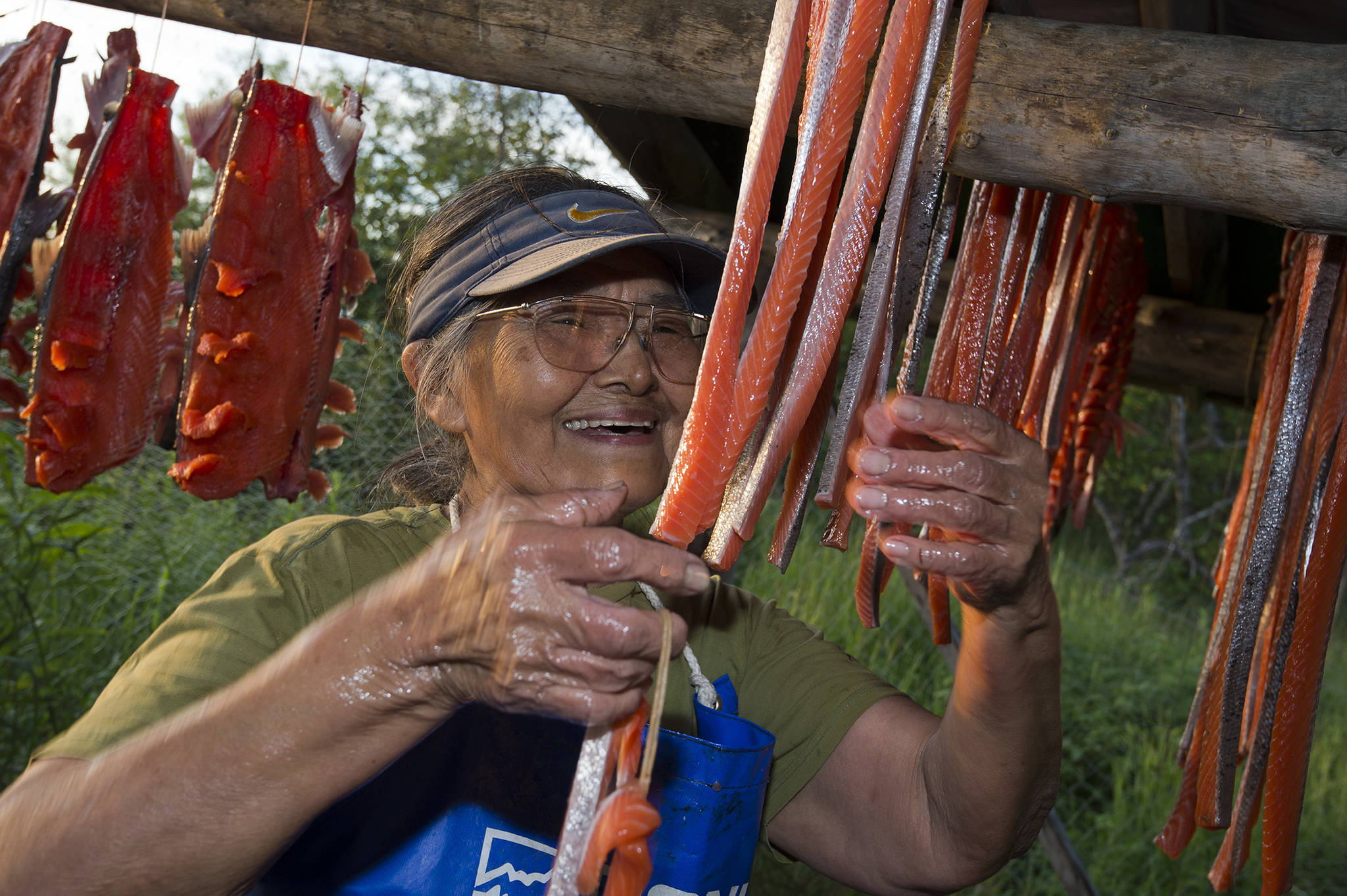Whether they fished for sport, subsistence or to make a living, Amy Gulick asked every person in her new book the same question — what do salmon mean to you?
Gulick, the writer and photographer behind “The Salmon Way: An Alaska State of Mind,” said regardless of where she was in Alaska or who she surveyed, she heard extremely similar answers.
“The cool thing was, at the end of all my research, if you were to read everybody’s answers, or blindfold yourself and listen to everybody’s answers, you wouldn’t know who they were,” Gulick said in an interview with the Capital City Weekly while in town to promote her book. “Everyone was pretty much giving me the same answer. The word cloud would be something like, ‘family, community, culture, connection to a home stream, connection to the land, connection to a very valued way of life.’”
She said occasionally asking about the meaning of salmon would be too abstract for people, so she would ask them to imagine what life would be like without salmon.
[Hundreds show up to greet new ferry]
Gulick said respondents typically said they would lose a sense of community or a fundamental part of their identity.
Losing salmon isn’t a hypothetical for Gulick, who is a resident of Washington state, where salmon runs have plummeted.
“I’ve always been very intrigued that Alaska is still a place and probably the best place and really probably the only place left in the world where the lives of people and salmon are linked, and that’s really the relationship I set out to explore and celebrate in the book. ” Gulick said.
Previously, Gulick documented salmon’s connection to just about all organic life in the region in the book, “Salmon in the Trees: Life in Alaska’s Tongass Rain Forest.”
She said “The Salmon Way” took about five years from conception to completion.
Gulick, who does not fish commercially and grew up in the Midwest, said the reason she feels drawn to salmon as a subject matter is that the fish tell a deeply human story.
She said salmon display an indomitable will to live and perseverance in the face of predators as they leave their home streams for the ocean only to return later and pass on their genes.
“I think in salmon, we see ourselves,” Gulick said. “When I look at salmon, and I look at their journey, I think of my own journey, and I think about how short my time is here. I think on a fundamental level, we all want our life to have meaning —whether they do or not.”
“They’re totally a metaphor for our lives,” Gulick said.
Additionally, she said in the communities that are still home to salmon, they’re a binding agent.
[Measles could get off the boat in Juneau]
“Regardless of who you are in Alaska, commercial or sport, Alaska Native, subsistence, personal use, I think all of those groups of people have a lot more in common than they think they do,” Gulick said. “I hope that people can see that anyone who has a relationship with salmon that there are more commonalities than differences. We need to be fighting for salmon, not fighting over salmon. I think that’s key.”
• Contact reporter Ben Hohenstatt at (907)523-2243 or bhohenstatt@juneauempire.com. Follow him on Twitter at @BenHohenstatt.

